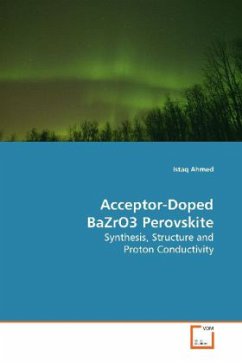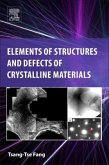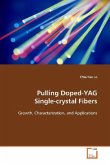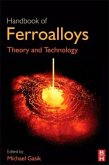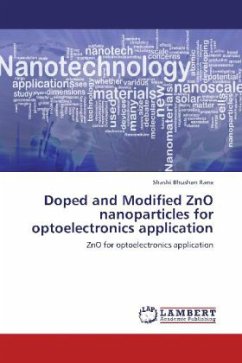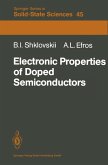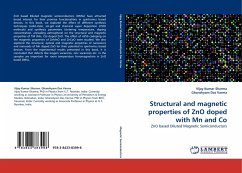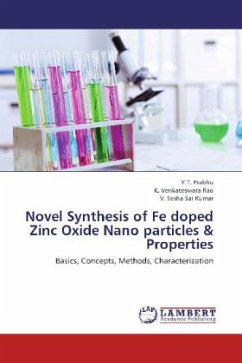Proton conduction is an intrinsic part of all life
processing systems including, for example, biological
photosynthesis of green plants. Besides nature,
proton conductors have a significant technological
interest: especially as a separating material
(electrolyte) for various electrochemical devices
such as fuel cells. In this context, there is a need
for new materials and acceptor-doped perovskite
oxides, have shown high proton conductivity.
Therefore, they may be used as electrolyte materials
for fuel cells. This book focuses on acceptor-doped
BaZrO3perovskite oxides. There is a lot of on-going
research aimed at improving the proton conductivity
in these materials. In this work it was shown for the
first time that it is possible to increase the proton
conductivity by increasing the doping concentrations
to very high levels. In addition to this, the
influence of different acceptor-dopant ions and
co-doping on proton conductivity was investigated.
The outcome of these investigations are useful for a
deeper understanding of the conduction mechanism and
will thereby help in improving conduction properties
and in predicting new materials with higher proton
conductivity.
processing systems including, for example, biological
photosynthesis of green plants. Besides nature,
proton conductors have a significant technological
interest: especially as a separating material
(electrolyte) for various electrochemical devices
such as fuel cells. In this context, there is a need
for new materials and acceptor-doped perovskite
oxides, have shown high proton conductivity.
Therefore, they may be used as electrolyte materials
for fuel cells. This book focuses on acceptor-doped
BaZrO3perovskite oxides. There is a lot of on-going
research aimed at improving the proton conductivity
in these materials. In this work it was shown for the
first time that it is possible to increase the proton
conductivity by increasing the doping concentrations
to very high levels. In addition to this, the
influence of different acceptor-dopant ions and
co-doping on proton conductivity was investigated.
The outcome of these investigations are useful for a
deeper understanding of the conduction mechanism and
will thereby help in improving conduction properties
and in predicting new materials with higher proton
conductivity.

